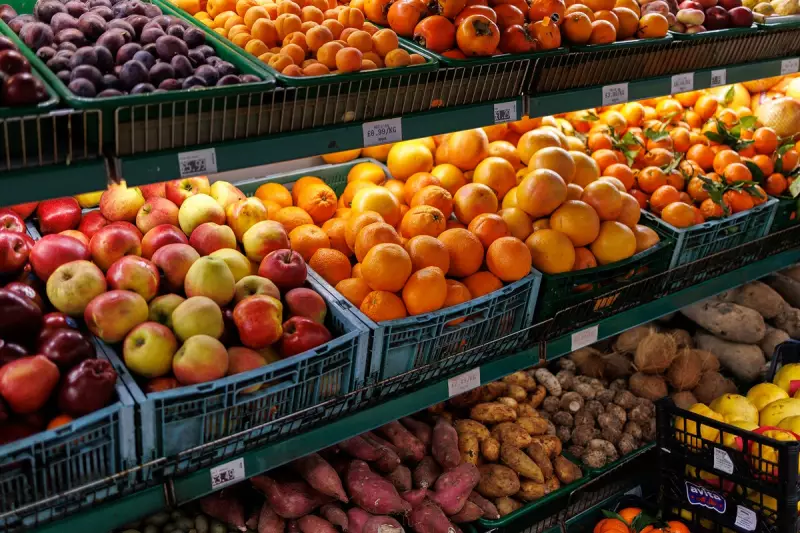
The mono diet, a trend gaining traction among those seeking rapid weight loss, involves consuming only one type of food—such as bananas, potatoes, or eggs—for days or even weeks. While proponents claim it leads to quick results, nutritionists and health experts are sounding the alarm about its potential dangers.
What Is the Mono Diet?
This extreme eating plan restricts individuals to a single food item, eliminating all other food groups. Popular choices include fruits, grains, or lean proteins, but the lack of variety raises serious concerns about nutritional deficiencies.
The Risks of Extreme Restriction
Nutritional Deficiencies: Eating only one food deprives the body of essential vitamins, minerals, and macronutrients, leading to fatigue, weakened immunity, and long-term health issues.
Metabolic Slowdown: Severe calorie restriction can cause the body to enter starvation mode, slowing metabolism and making future weight loss harder.
Psychological Impact: The monotony of the diet can lead to binge eating, disordered eating patterns, and an unhealthy relationship with food.
Expert Opinions
Registered dietitians emphasise that sustainable weight loss requires balanced nutrition, not extreme deprivation. "Quick fixes often lead to yo-yo dieting and can harm your health," says one nutritionist.
Healthier Alternatives
Instead of drastic measures, experts recommend:
- Balanced meals with protein, healthy fats, and fibre
- Regular physical activity
- Mindful eating habits
While the mono diet may offer short-term results, the long-term consequences far outweigh any benefits. For lasting health and weight management, a varied and nutritious diet remains the gold standard.





